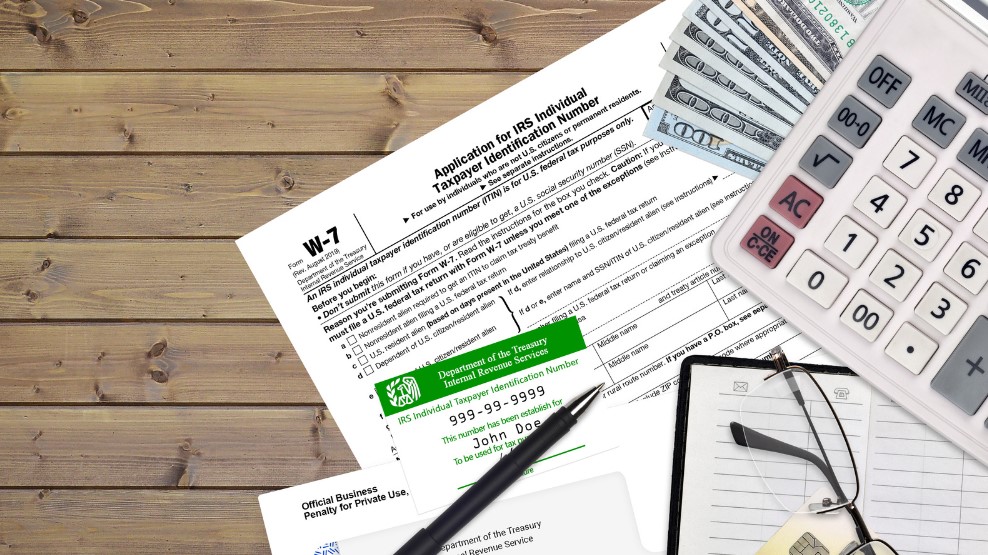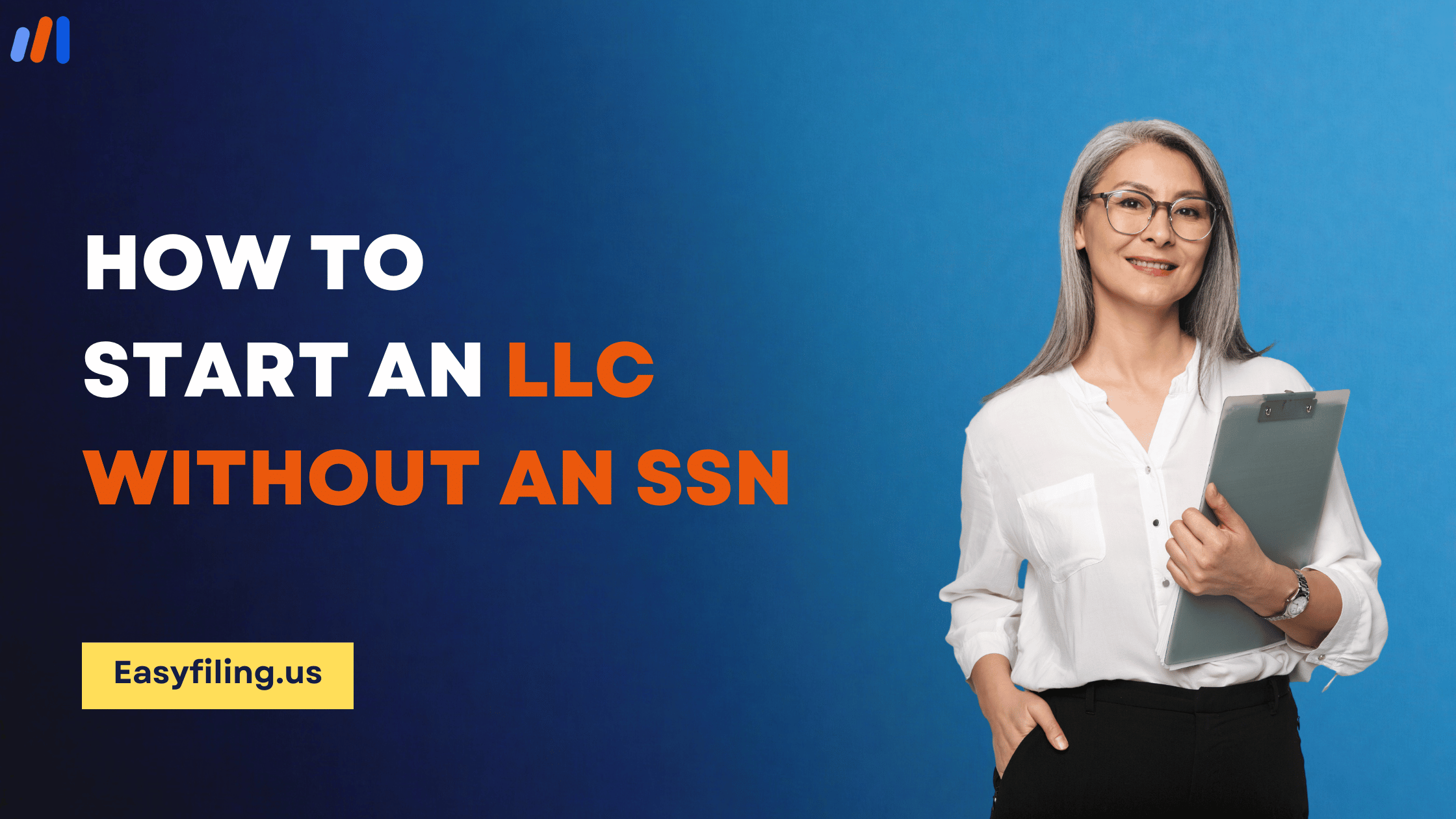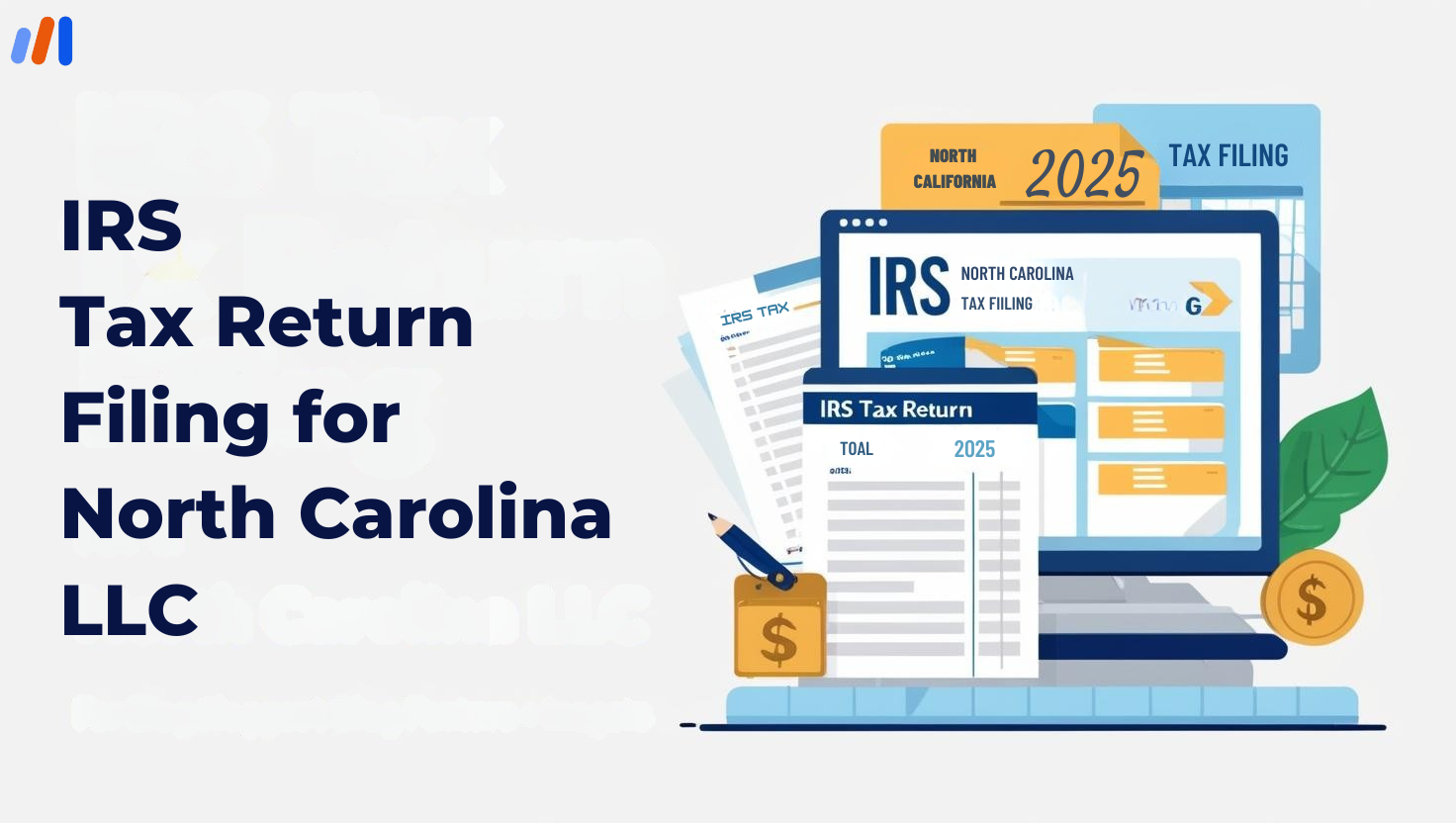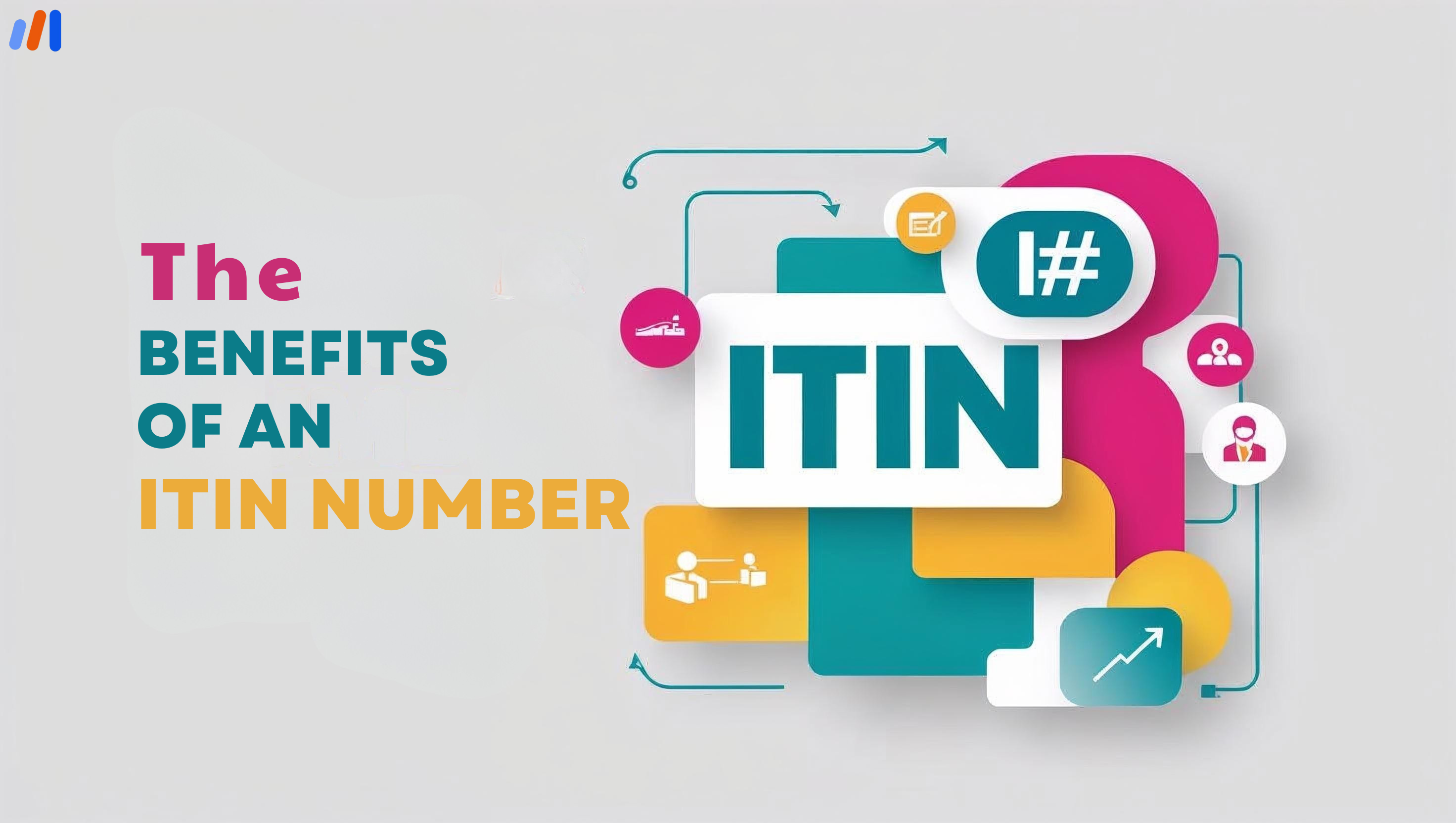Starting a business in the U.S. can be a promising venture with unlimited opportunities, creativity, and profit. If, however, you do not have a Social Security Number (SSN) you may think that it is impossible to go into business. Not so! The good news is that non-U.S. citizens and residents can also start a business with a few important steps and with some know-how about the law.
This guide will show how one can start an LLC without an SSN, it will include obtaining an Individual Taxpayer Identification Number (ITIN), applying for a visa, and creating necessary legal and financial forms for the sake of a framework for compliance and success. With serious drive and relevant details, your ambitions of owning a business in America are plausible.
Can You Start an LLC without an SSN?
Indeed, you can set up an LLC in the US without an SSN, but it involves certain complications. Several non-citizens, non-residents, or people who want to keep their identity confidential or minimize the risk of identity theft do not have or want to obtain an SSN when forming their LLC.
Here’s how it works:
Why You Don’t Possess An SSN
Non-U.S. Citizens or Non-Residents: People don’t possess an SSN for several reasons, one of such reasons being that they do not hold citizenship or residency in the U.S. The good thing is that American legislation permits foreigners to form an LLC and not compulsory to have an SSN.
Security Issues: Other citizens or residents who do hold an SSN but opt to remain unexposed while forming the LLC may also be doing so to ensure privacy instead of running any risks of identity theft.
What is the SSN for non-US citizens?
If you are found to be ineligible for an SSN yet need a form of taxpayer identification, it is possible to seek an Individual Taxpayer Identification Number (ITIN). This number can be utilized for some tax reporting purposes as required but keep in mind, this number cannot be used in place of an EIN.
What exactly is an ITIN?
An Individual Taxpayer Identification Number (ITIN) is a number that is assigned for tax formalities which is issued by the IRS body of the government of the United States of America i.e. Internal Revenue Service. An ITIN is a total of nine digits and the first digit will always be the number nine, and the fourth and fifth digits will be between the ranges mentioned; the 70, 88, 90, 92, and 94-99 (for example, 9XX-70-XXXX).
Purpose of an ITIN
The only major issue that an ITIN addresses or resolves is tax returns and payment processing for individuals who cannot obtain a social security number or an SSN. This is issued to:
- Nonresident alien individuals who are obliged to make US tax returns.
- Alien individuals residing in the US due to days present in the United States, filing for a US tax return.
- Dependents or spouses of other US citizens or people who have residency in the US.
- Dependents or spouses of visa holders who are aliens and do not stay in the United States.
How to Apply for an ITIN

Step 1: Determine Your Eligibility
While applying, see to it that you require an ITIN. For example, an ITIN is generally important for:
- Non-resident alien individuals having lawful requirement to submit US tax returns.
- U.S. resident aliens (based on days present in the United States) having compliance to file US tax returns.
- Dependents or spouses of citizenship of the US or citizen or resident people of the US.
- Dependant or spouses to non-resident alien visa holders.
Step 2: Fill out Form W-7
To apply for an ITIN, you will be required to fill out the IRS Form W-7, Application for IRS Individual Taxpayer Identification Number. You can get the form by visiting the IRS online portals.
Key Information Required on Form W-7:
- Purpose for filling in the form.
- Full name, nationality, and date of birth.
- If present, include the U.S. visa number.
- As appropriate, foreign tax identification number.
- Physical address.
Step 3: Collect Necessary papers
With the completed W-7 Form, you must submit Identity and foreign status documents. Only original or certified copies of such documents are accepted by the IRS. The following are some of the acceptable documents:
- Passport: it is the primary document for proving both personal identity and citizenship.
- National ID card confirmation: must include a photograph, holder’s name, current place of residence, date of birth, and date of expiry.
- USCIS photo identification.
- U.S. State Department visa.
- Birth certificate: it is necessary for dependants unless a passport is submitted instead, which covers a person’s date of birth; the registry will be required for dependent children.
Step 4: Submit Your Application
You can deliver your application in three ways:
1. Through Postal Services: Mail your signed Form W-7 along with the tax return and the original (or certified) documents to the address below:
Internal Revenue Service
ITIN Operation
P.O. Box 149342
Austin, TX 78714-9342
2. Through a personal visit: Visit the IRS Taxpayer Assistance Center (TAC) where personnel can authenticate your documents and mail your application on your behalf. Locate a TAC in your area by going to the IRS website.
3. Through an Acceptance Agent: Approval for estate agreements allows them to prepare and submit your application on your behalf. Such agents can also confirm the authenticity of your original documents. The address for looking for Certified Acceptance Agents (CAAs) is found on the IRS website.
Step 5: Get Your ITIN Number
Following the completion of your application by the IRS, you will receive a letter indicating the ITIN number that has been assigned to you. This may take anywhere between 7 to 11 weeks in most cases. It is advisable to keep this number secure and include it on your tax returns with the federal government or whenever requested by the IRS.
Steps for Starting a U.S. Company while on an ITIN
It is legal in the United States to begin a business on a taxpayer identification number (ITIN), and It is quite effective, particularly for foreigners who are unable to… obtain a social security number (SSN). For starting your business, the following steps should suffice and I hope this helps you get on this new adventure;
1. Select your type of business entity
Sole Proprietorship: The most basic form of a business, in which a single person or family band runs the business. However, keep in mind that unlimited personal liability does exist, which means that if your business goes into debt or encounters legal problems, your assets may be at risk.
Limited Liability Company (LLC): An LLC gives the advantage of protection of assets from business debts. It also gives leeway on taxation, allowing taxpayers to choose how they want to be taxed, in the same way that a business – sole proprietor or corporation. Small business owners tend to exercise this option because it has straightforward rules and provides high levels of protection.
Corporation: A corporation is ever more formal than any other business structure since it has its own legal identity distinct from that of its owners. The advantage of liability is still present owing to the separation, but certain obligations exist as well e.g. more than one meeting of heads i.e. annual meetings and necessary minute-keeping. As a way to expand their businesses, corporations can sell stock. This is beneficial to larger businesses.
2. Register Your Business in the United States
Choose a State: There are diverse laws in every state and tax structure. Replicated business practices are seen in the likes of Delaware, Wyoming, and Nevada as they are beneficial for businesses, which create a net gain for new business owners.
Register Your Business: You will have to file forms or documents, such as the Articles of Organization in the case of an LLC, with the Secretary of State in the state. This act formally provides a specific business configuration and is the most important in seeking legal recognition of the business.
Name Registration: A business name is important for branding, and legal requirements, and requires proper registration. First, ensure that the name you have chosen is not already registered in the state you seek to register it in.
3. Acquire the Employer Identification Number (EIN)
ITIN holders who are non-residents of the U.S. can also apply for EIN by filling in the SS-4 form, which is required for tax returns and employee hiring.
Applications for EIN can be made online (if eligible) or by post or fax. Online applications are quicker, but mail and fax applications can still be made.
4. Open a U.S. business bank account
After acquiring an EIN, it is time to open a business bank account in the USA. It is crucial to understand that many banks require the presence of the business owner within US borders to open an account. However, some allow foreign business owners to open accounts remotely.
Make preparations for the minimum requirements to have ID such as the EIN, Articles of Organization, an Operating Agreement (for LLC), and valid ID such as a passport. This way, it will be easier to open an account without too many hassles.
5. Secure Necessary Licenses and Permits
Depending on the type of business that you have, you are likely to need several types of businesses such as federal, state, or local ones which are all referred to as business licenses and permits. This necessity is not uniform across industries and geographies so it is important to do due diligence.
Contact local government offices, or utilize business portals to identify the particular business operating licenses or permits that you need to be able to operate legally in the area in which you live or work.
6. Recognize the taxation requirements
Being a business that is registered in the USA means that there are federal, state, and local taxes that apply. Understanding tax obligations is a crucial factor in avoiding any legal ramifications.
Every year, a tax return must be submitted for each person. For instance, the members of an LLC most often file Form 1040NR and report it with the required schedules ensuring the business activities in the particular year have been completed.
If your business has foreign ownership, for example, an LLC with a foreigner owning it, you may need to file additional forms such as Form 5472 and Form 1120, which should be completed if certain transactions were carried out or to provide information about the foreign shareholders.
Frequently Asked Questions (FAQs)
Is it possible to get a US bank account without a Social Security Number?
Yes. Some banks accept non-residents to open business bank accounts using ITIN and other documents like Articles of Incorporation, EIN, and Valid passports of the applicants.
I Have an ITIN, Can I Open a Company?
Owning a company in the United States requires an Individual Taxpayer Identification Number (ITIN). The available business activities almost always require a Social Security Number (SSN) to be provided. Still, an ITIN is a valid replacement for non-US citizens without SSNs who want to form a business enterprise.
Is it possible for an ITIN holder to get an SSN?
An individual taxpayer identification number holder may request a US social security number if he meets the qualifications set for the social security number. In most cases, SSNs are allocated to American citizens, green card holders, or someone with permission to work in the US.
File Your LLC Today
25$ off with a coupon
Lock in EasyFiling's transparent rates and get lifetime compliance support at no extra cost.
Get Started Now









